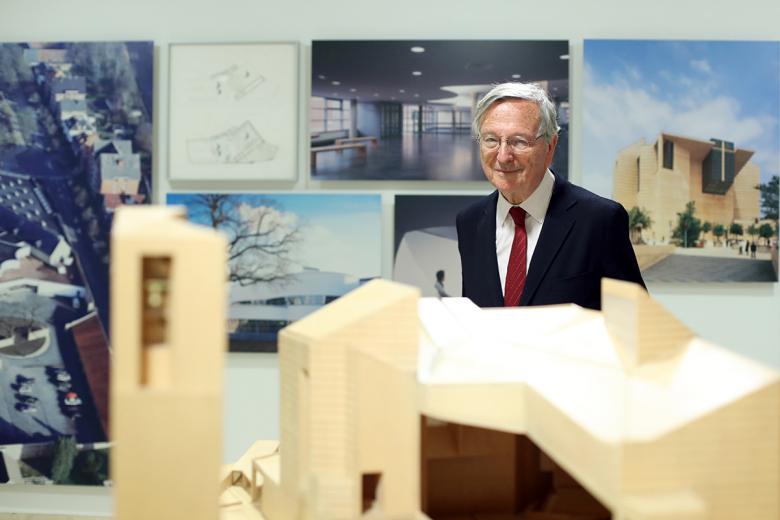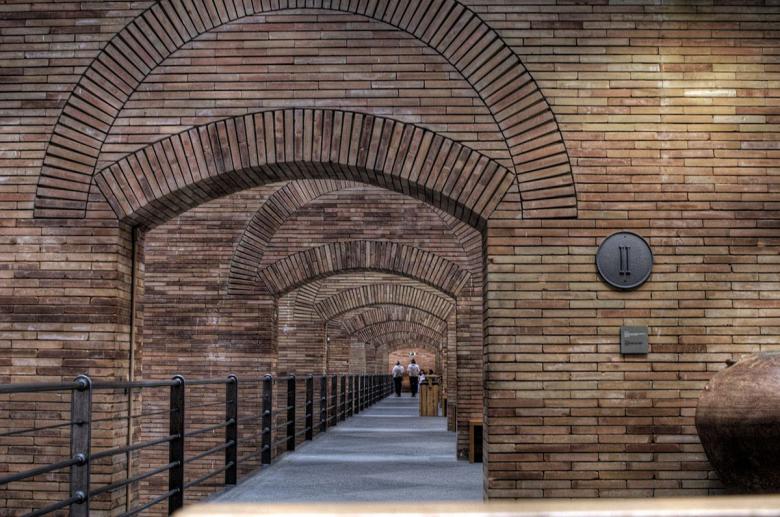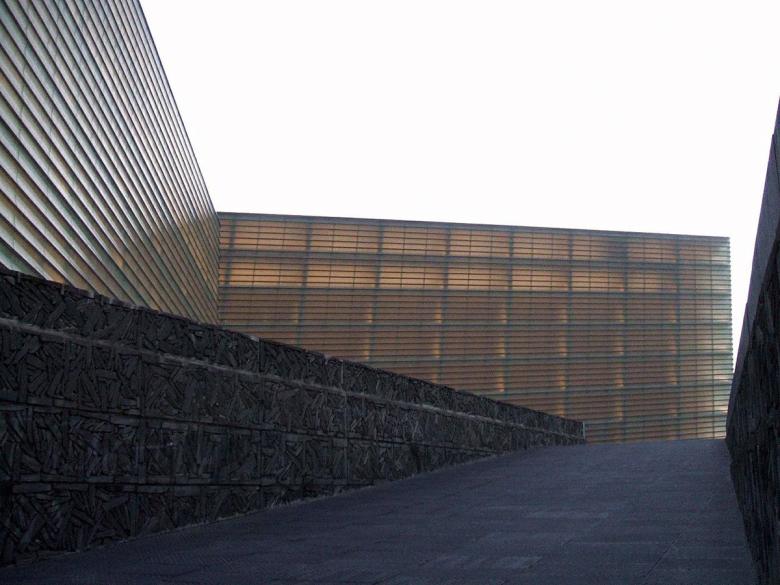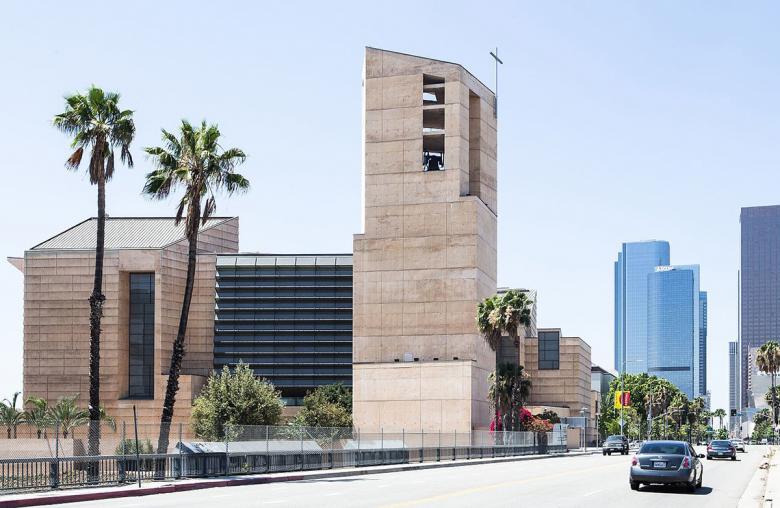Rafael Moneo Wins Praemium Imperiale
Spanish architect Rafael Moneo has been named a recipient of the Japan Art Association’s 2017 Praemium Imperiale International Arts Award, one of the world's most prestigious awards for architects and other artists.
The 80-year-old architect is one of five laureates in various disciplines:
- Painting: Shirin Neshat
- Sculpture: El Anatsui
- Architecture: Rafael Moneo
- Music: Youssou N'Dour
- Theatre/Film: Mikhail Baryshnikov
One of Moneo's most well known projects is one of his earliest: the National Museum of Roman Art in Mérida, Spain, completed in 1986. Walls and archways of thin brick recall the Roman ruins that the building literally sits upon. As described by the Japan Art Association, this building "established his reputation and he has successfully completed many projects in, as well as outside, Spain." One of the notable projects within Spain is the Kursaal Centre in San Sebastián, which won the European Union Prize for Contemporary Architecture-Mies van der Rohe Award 2001.
Of the projects outside of Japan, the Cathedral of Our Lady of the Angels in Downtown Los Angeles is considered by the Japan Art Association as "a fine example of his mature design."
Moneo describes his design approach to the Japan Art Association:
Created in 1988, "The Praemium Imperiale honors the greatest artists of our time," according to Hisashi Hieda, chairman of the Japan Art Association. Each laureate's award comes with 15 million yen (approximately £100,000), a specially-designed gold medal, and a testimonial letter. Rafeal Moneo and the other laureates will by presented their awards by His Imperial Highness Prince Hitachi, Honorary Patron of the Japan Art Association and younger brother of the current Emperor of Japan, in a ceremony in Japan this October.It is important for buildings to be integrated into the city space harmoniously. By respecting the historical background of the building site, we can create a bigger reality. Buildings should contribute to the city and to the happiness of the residents. ... What is important for a building is not the form but the material. Most architects will first try to find the best materials they can before starting to design the building.
相关文章
-
-
Isabel Zumtobel: 'We Believe in the Power of Design to Change the Future for the Better'
World-Architects Editors | 18.11.2025 -
-
-



